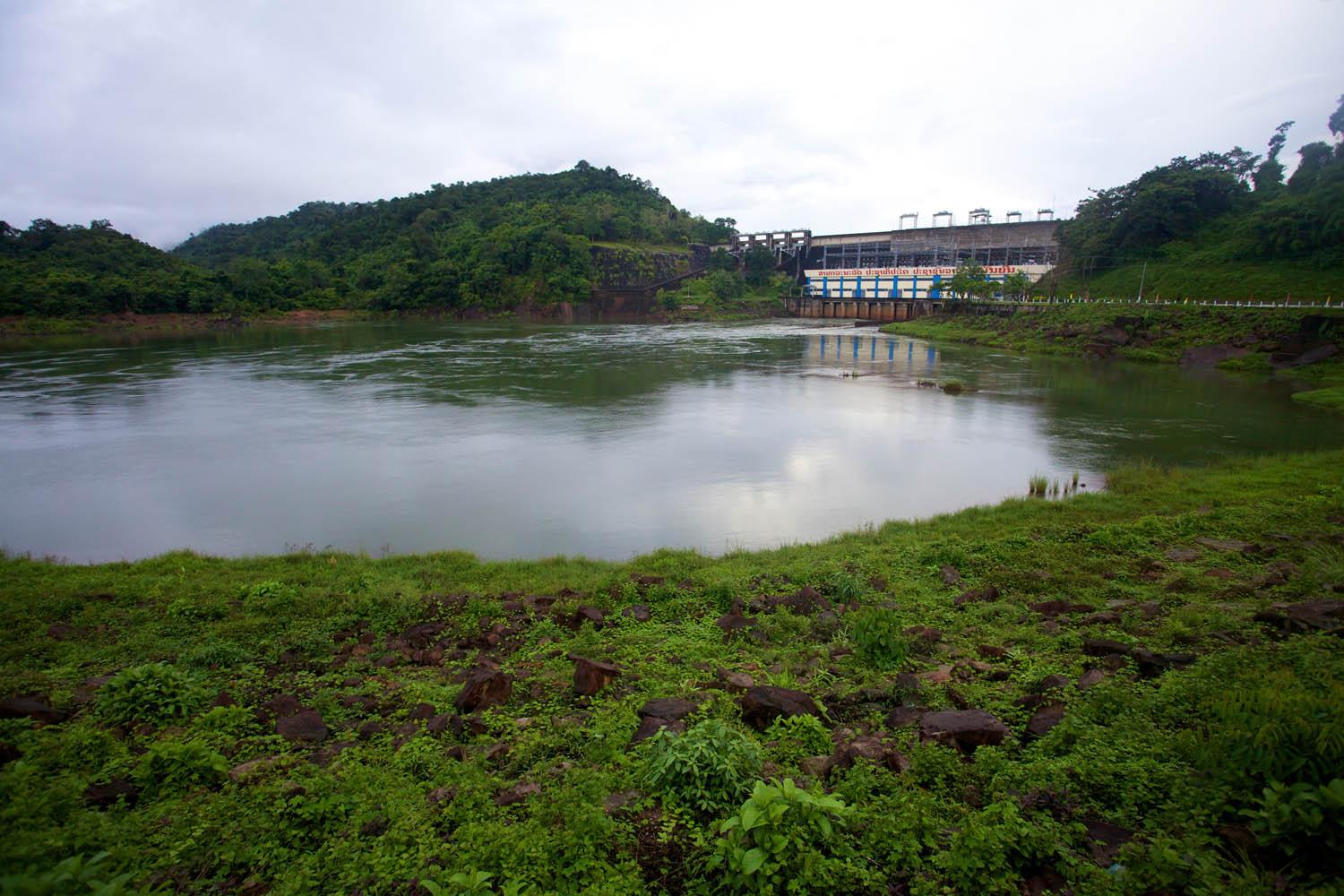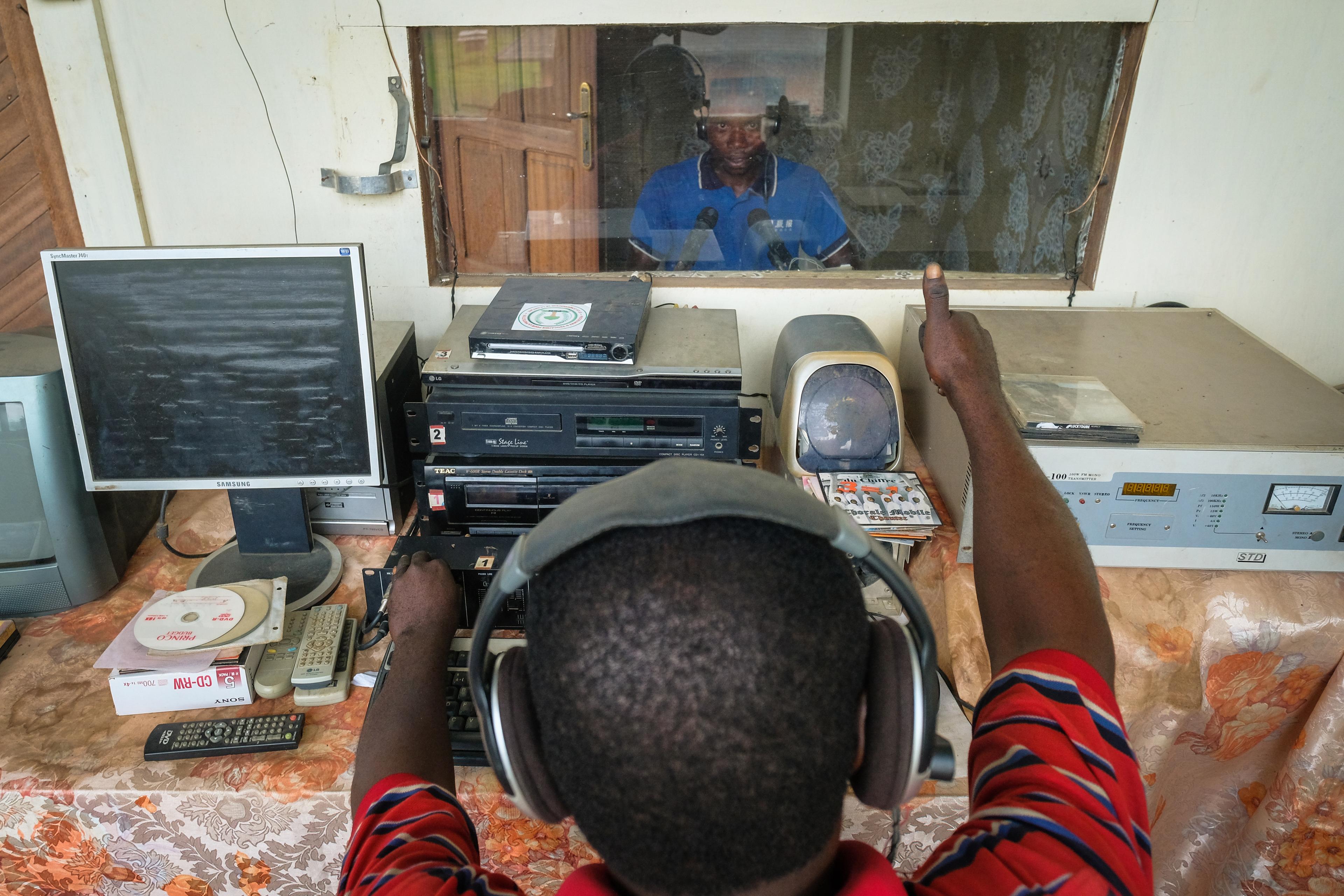Blog
Civil society and development in Cambodia: Challenges and opportunities for anti-corruption

Astrid Norén-Nilsson interviewed a series of non-state actors and development partners working in and on Cambodia for the U4 Issue Non-state actors and anti-corruption work in Cambodia: Gaps, opportunities, and synergies. This blog summarises some of the key outcomes from those conversations.
The complex anti-corruption landscape
Over the past decade, the landscape for non-state actors working on anti-corruption in Cambodia has been transformed. Following the 2013 general election, the civil society sector entered a critical phase, marked by increased regulation of non-governmental organisations (NGOs) and trade unions. This shift occurred alongside a wider political move towards authoritarianism, with the dissolution of the main opposition party in 2017 and the subsequent formation of a one-party parliament in 2018. This new phase of government hostility towards civil society saw prominent leaders accused of supporting the outlawed opposition, prompting non-state actors to explore non-confrontational strategies for engaging with the government.
Corruption remains a major impediment to human rights and development in Cambodia. Despite government efforts to address it – including the Public Financial Management Reform Program (PFMRP) and reforms of public administration – the political will to fully eradicate corruption has been missing. Recent initiatives, like the anti-money laundering law, have instead consolidated power within the ruling Cambodian People’s Party and been used to target civil society.
International donors have continued to support anti-corruption activities through partnerships with both state authorities and non-state actors. The 2023 broad generational transition in government impacts the landscape of anti-corruption work. The recent decision by the Government of Sweden to phase out bilateral development cooperation by the end of 2024 leaves a gap in the support of anti-corruption work through non-state actors in Cambodia that other development partners must fill, preferably in a sustained and coordinated manner.
The role of non-state actors in tackling corruption
Cambodian civil society has been a ‘shrinking space’ at least since 2013. With genuine political competition stifled since 2017–18, civil society has become the proxy political frontline, often viewed with suspicion and distrust by the government. The picture has some nuance though: advocacy NGOs have been particular targets of state surveillance and checks on their political neutrality, but CSOs whose work focuses more on service delivery have generally been tolerated. But in general, the government’s approach to the sector has been a mix of repression and co-optation, including the creation of government-operated NGOs and think tanks. These are the groups that have come to dominate policy debate in the country.
Non-state actors have had to adapt, with many deciding to work more closely with the government and to avoid confrontation and sensitive issues. This strategy has, however, pushed some CSOs into a difficult balancing act. They aim to exert some measure of social and political influence, while not endangering their own organisational survival. Key non-state actors, including TIC, face significant challenges as they navigate these dynamics, often having to frame or select their activities in a way that is acceptable to the government while still addressing corruption issues.
Gaps and opportunities in existing partnerships
The current environment for non-state actors is described as one where ‘there are more doors open but space is shrinking and funding is shrinking.’ While the government has shown some openness to technical support on anti-corruption, the overall space for non-state actors is narrowing, and foreign funding is decreasing. There is a clear need for sustained support from development partners to prevent civil society from becoming irrelevant or extinct. Non-state actors emphasise the importance of continued financial – and moral – backing from development partners, tailored to their particular context.
A significant gap is the lack of a consolidated strategy for open and structured discussions between non-state actors and development partners. There is a pressing need for regular information exchange to bridge the gap between them. Non-state actors also wish for better coordination between development partners, ideally a long-term and joint approach to anti-corruption work in Cambodia. Development partners are urged to engage more strategically with local NGOs, support grassroots initiatives, and ensure that projects are locally grounded and inclusive of marginalised groups. In addition, the current compliance requirements imposed on CSOs are seen as too restrictive, with a call for more flexible and accessible funding mechanisms, including the potential creation of a trust fund to support collaborative efforts.
The government’s recent approach to anti-corruption and non-state actors
The recent generational transition in the Cambodian government, marked by Hun Manet succeeding his father Hun Sen as prime minister, brings potential new opportunities for anti-corruption work. With many new ministers being Western-educated PhD holders, there is cautious optimism about potential reforms. However, the substantial increase in government officials and the corresponding spike in national budget expenditure raise concerns about the effective implementation of anti-corruption measures.
Non-state actors view development partners as crucial bridges between them and the government, advocating for more visible moral support and facilitation of government interactions. They call for development partners to integrate security considerations, including legal advice and mental health support, into their projects. There is broad agreement that anti-corruption efforts should be framed as contributing to government objectives, with development partners positioning themselves as working towards these goals through non-state actors.
Coordination, funding, and engagement can strengthen anti-corruption
There have certainly been challenges for civil society, and specifically for anti-corruption work, in Cambodia over the past 10 years. But the experts we’ve spoken with also show that there are productive avenues and potentially beneficial strategies that can be explored or expanded. The continued support of development partners is crucial for sustaining non-state actors’ efforts in promoting integrity, transparency, and accountability. And by fostering better coordination, providing flexible funding, and strategically engaging with local actors, there is potential to strengthen anti-corruption initiatives and contribute to meaningful reforms.
(Read the full U4 Issue Non-state actors and anti-corruption work in Cambodia.)
Disclaimer
All views in this text are the author(s)’, and may differ from the U4 partner agencies’ policies.
This work is licenced under a Creative Commons Attribution-NonCommercial-NoDerivatives 4.0 International licence (CC BY-NC-ND 4.0)


